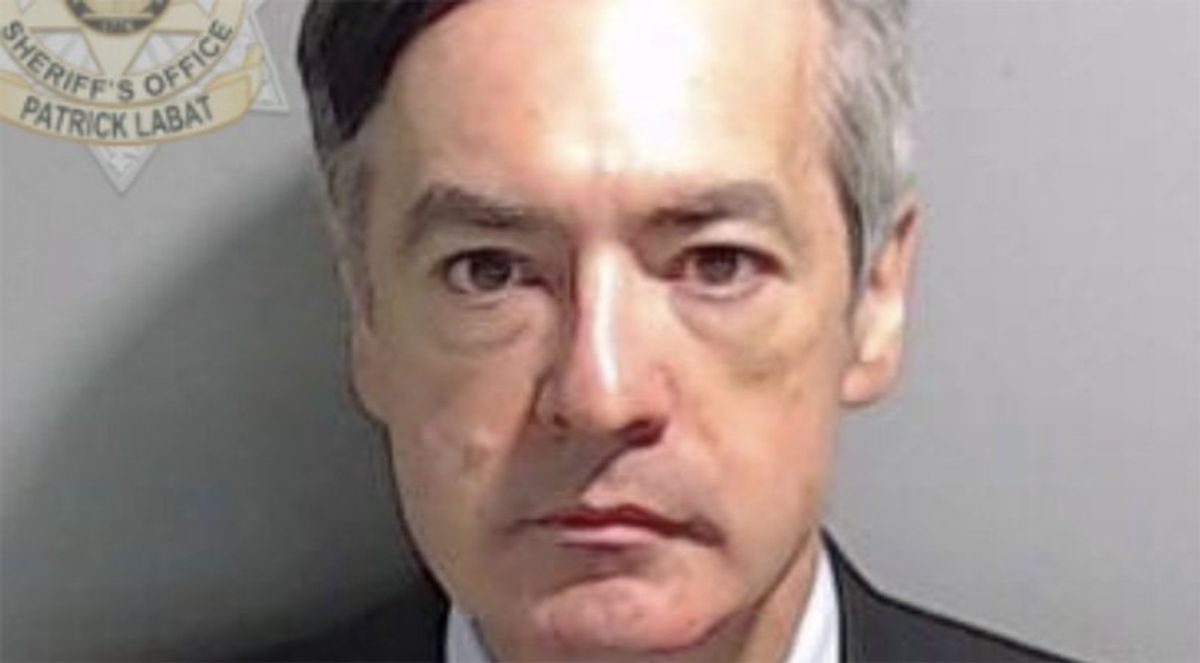
A legal ruling Thursday left Kenneth Chesebro and fellow attorney Sidney Powell tethered together and cut off from the other 17 defendants in the Georgia racketeering case – and experts warn that's not good news.
Fulton County Supreme Court Judge Scott McAfee ruled the pair will be tried together, but apart from Donald Trump and the other alleged co-conspirators accused of trying to subvert the 2020 election.
Legal experts told The Daily Beast that Chesebro's major mistake was trying to expedite his trial.
“When you show up at an arraignment, the prosecution knows exactly what their case is, and the defense doesn't necessarily know yet," said defense attorney Peter Pullano. "And so whatever defense posturing [happens early on], the defense investigation is probably at an earlier stage than where the prosecution is.”
Powell followed Chesebro's initial motion for a speedy trial with one of her own, which tied the two together. And since then, he's been trying to extricate himself from the right-wing attorney who vowed to "release the Kraken" and return Trump to the White House.
And she's been trying to separate himself from the alleged architect of the "fake elector" scheme.
POLL: Should Trump be allowed to run for office?
“My client doesn’t know Mr. Chesebro, has never met him, has never really spoken with him,” Powell's lawyer insisted in court. “There’s no emails, or documents, or anything else [between them]. What he’s accused of has absolutely nothing to do with Ms. Powell at all.”
But McAfee's ruling will keep the pair together – and joint trials often result with one defendant pointing the finger at the other.
“You don’t want to be tried with someone who’s more culpable,” said former federal prosecutor Neama Rahmani. “A lot of evidence will come out against Trump that may not be relevant to all the other defendants, but as far as jurors can compartmentalize, they might just convict lesser defendants because of [the totality of] all the evidence that has come out.”




